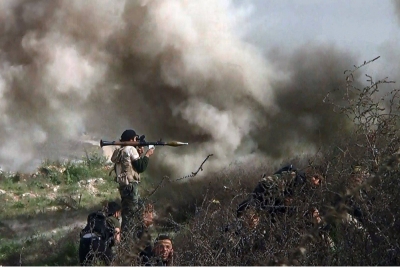
History is full of evidence pointing to the futility of war. And still, humans continue to fight with each other often for reasons best left unsaid. While global conversations focus largely on the unimaginable impact of war on innocent humans, the less-spoken aspects such as its lasting impact on wildlife and their habitats are gaining traction, especially in the wake of Russia’s ongoing war on Ukraine. In yet another indication of humans wrecking the natural world and their inhabitants, scientists suggest that the ongoing war could have cost dolphin lives.
Since the war began a few months ago, the number of common dolphin deaths in the Black Sea has spiked. Researchers feel that war-related activities – such as the movement of Russia’s navy vesssels and military actions in the northern part of the Black Sea (spanning Ukraine) have increased noise pollution. And, this is perhaps pushing these marine creatures down south to the shores of Turkey and Bulgaria, “where they are being stranded or caught in fishing nets in unusually high numbers”. So far, at least 80 of these cetaceans have been found dead on Turkey’s Black Sea coast, and this has been termed “an extraordinary increase”. While about half this number points to entanglement in fishing nets, the reason for the rest is not dear since the dead dolphins show no visible injuries. This has set scientists thinking.
They wonder if the deaths could be the result of “acoustic trauma” (damage caused by noise). Marine creatures are dependent on sound for several reasons such as communication, and when there’s underwater noise- such as navy vessel movement-it can lead to dolphin deaths. The noise may not kill them directly or always. When the noise levels increase, marine creatures such as dolphins are likely to head towards areas they are not familiar with which could lead to stranding. While more concrete research is required for scientific reasoning. it is perhaps undeniable that human conflict is costing animal lives. Yet again.
Picture Credit : Google




